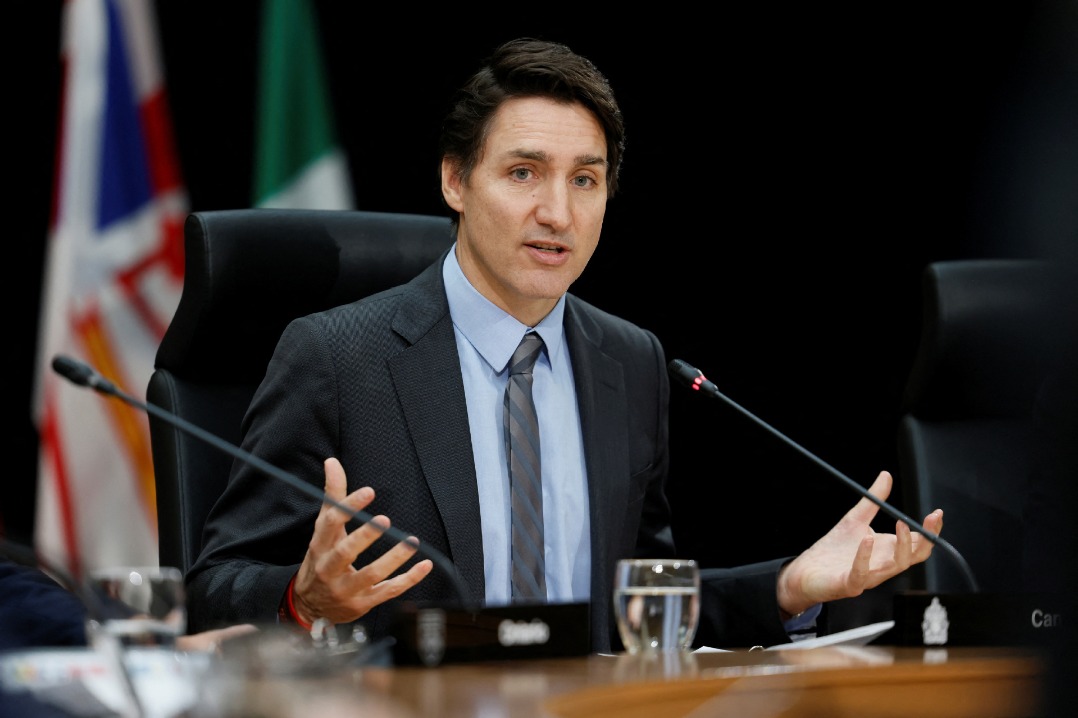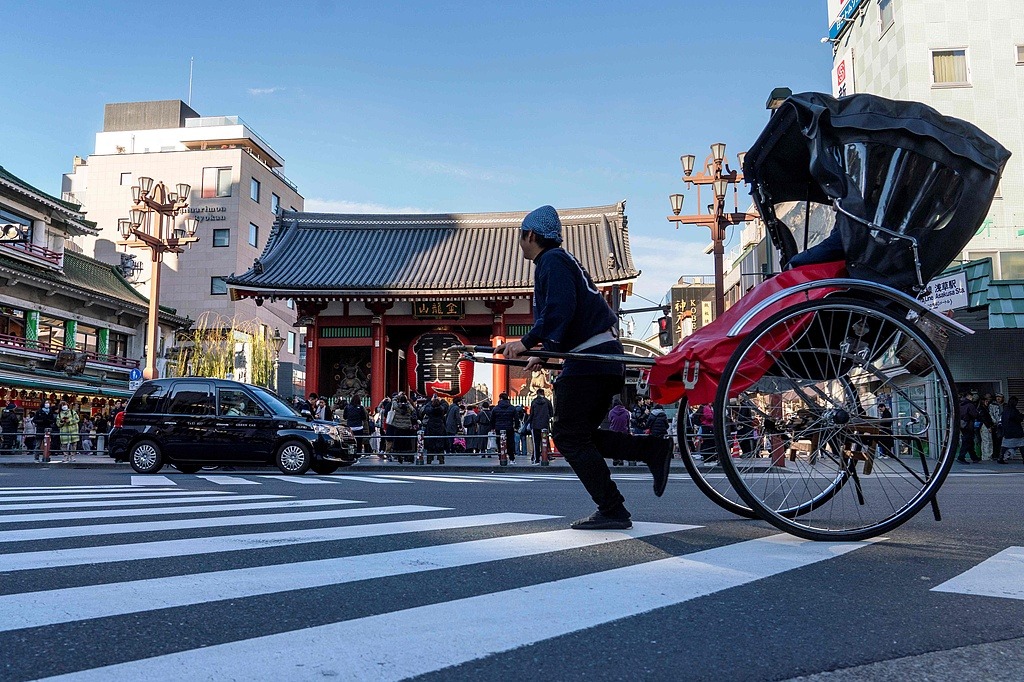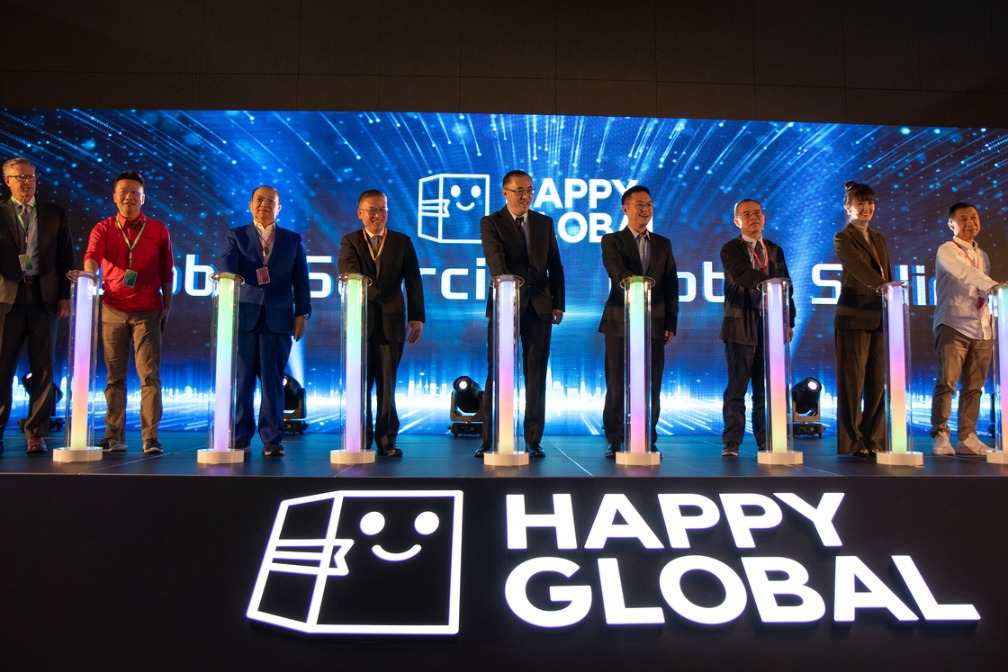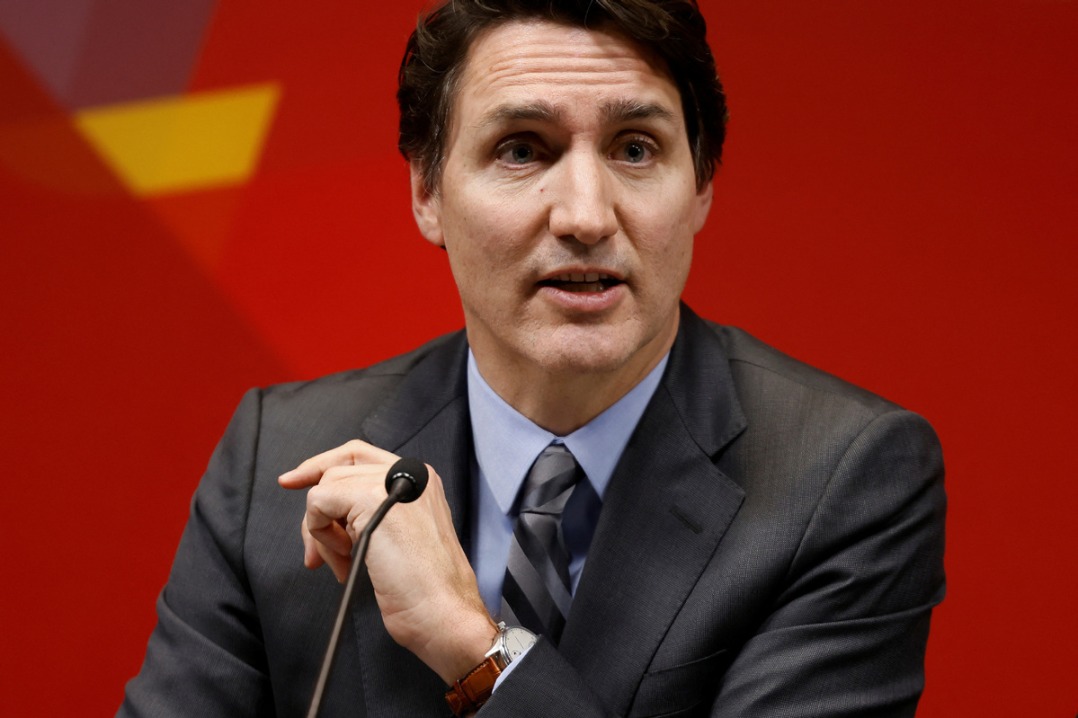BRI will help connect Asia, Latin America

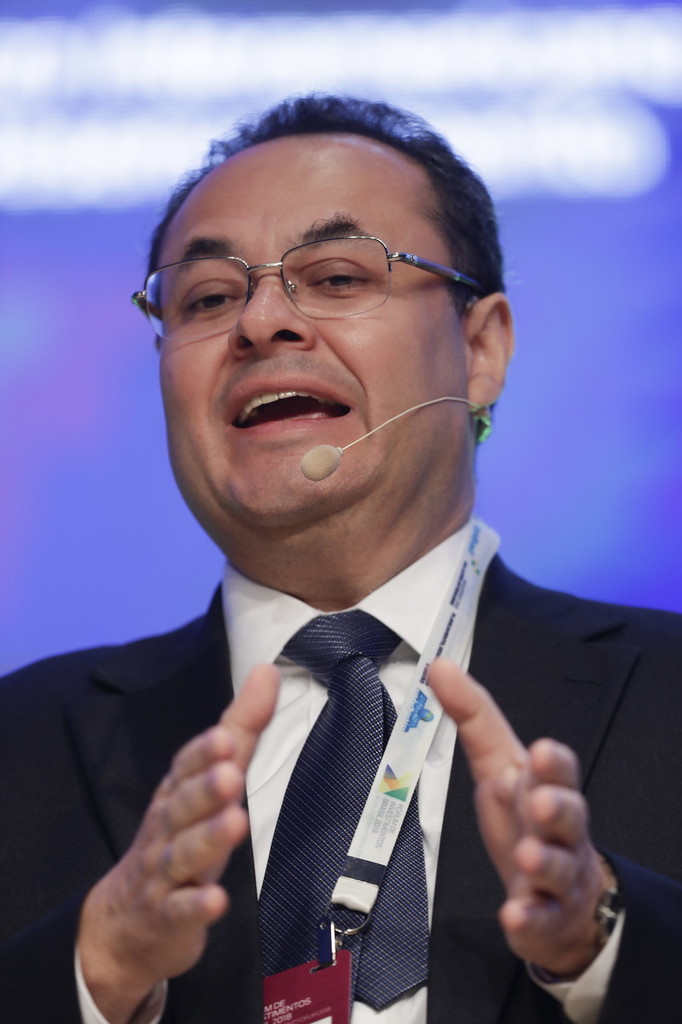
Head of development bank eyes win-win partnerships based on mutual benefits
The head of a top Latin American financial institution believes China's Belt and Road Initiative, or BRI, could help inject new dynamism into the world economy, as well as generate new ideas to foster more connectivity between Asia and Latin America.
Luis Carranza Ugarte, executive president and CEO of CAF-Development Bank of Latin America-is preparing to attend the second Belt and Road Forum for International Cooperation in Beijing this week.
In an interview ahead of his visit, Ugarte told China Daily he thinks the BRI has "a clear ambition to create opportunities for the strategic integration between China and Latin America and the Caribbean, and the world as a whole".
"We wish to witness and celebrate with the world the rapid progress of the Belt and Road Initiative, achieving a win-win cooperative relationship based on mutual benefits for our peoples," he said.
Created in 1970, CAF is a development bank owned by 19 countries-17 Latin American and Caribbean nations with Spain and Portugal-as well as 13 private regional banks.
With its headquarters in Caracas, Venezuela, CAF supports sustainable development and integration within Latin America by financing infrastructure projects, fostering foreign investment and supporting small-and medium-sized enterprises, according to Ugarte.
Ugarte said that CAF "deeply embraces the peaceful, cooperative, inclusive and mutual learning spirit that BRI is rooted in".
He said, "Unlike the existing patterns of South-South and North-South cooperation, BRI brings together development demands of both developing and developed countries."
Ugarte said CAF also aims to promote a stronger relationship between Latin America and Asia.
"We are creating new partnerships," said Ugarte. "Over the past 10 years, we have set a record in Latin American bond emissions in Asian capital markets amounting to $1.9 billion."
Ugarte said CAF and China have built "an effective partnership to support the exchange of best practices as well as trade and investment in key sectors of development".
Over the past decade, the total amount awarded to Chinese companies in public bidding projects financed by CAF was $1.2 billion. These were mainly in the energy and transport sectors.
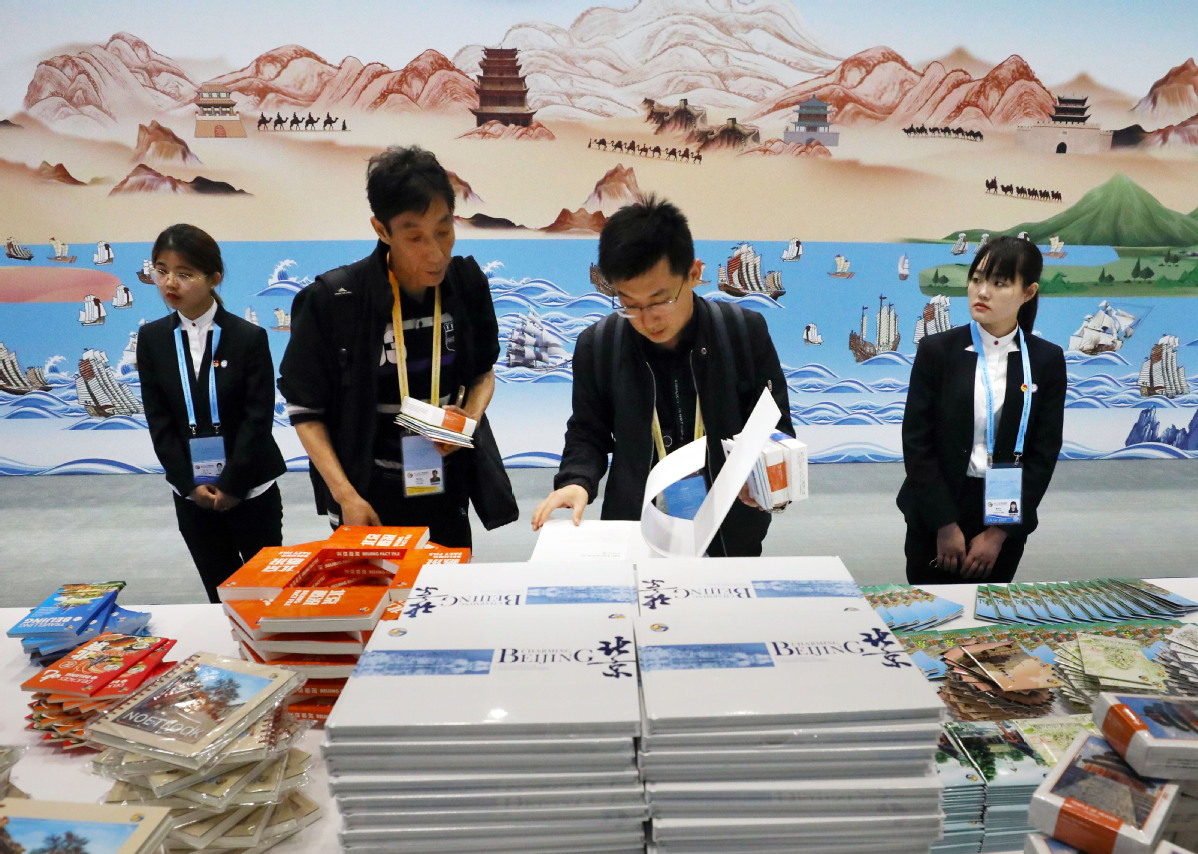
Ugarte said China-Latin America cooperation has a long history, but its development in recent years has been particularly impressive.
"Latin American exports to China have become one of the main engines for economic growth," he said.
Over the past decades, 70 percent of private sector infrastructure investment has been directed at developed economies. "The region offers huge business opportunities for China," he said.
"Given its knowhow and experience in Latin America, a regional multilateral bank like CAF possesses a huge potential to become a key partner for China," said Ugarte.
He said the CAF was supporting public works in Peru, Bolivia, Brazil and Paraguay, and the coordination and feasibility studies for BRI's highest-profile project in the region-the 3,800-kilometer bi-oceanic railway across South America connecting the Pacific and Atlantic coasts.
In March, together with eight multilateral development organizations, CAF joined the Multilateral Cooperation Center for Development Finance, a mechanism designed to support BRI by further strengthening the collaboration in infrastructure and connectivity.
Ugarte said, "BRI can play a key role in promoting global stability, development and peace."
"We also believe the BRI will contribute to strengthening multilateral relations," he added.
Ugarte said that over the past 49 years, CAF has expanded dramatically. With a loan portfolio of almost $25 billion, CAF has become the main multilateral lender for infrastructure and energy projects in the region.
"We have succeeded in helping Latin American countries with their development objectives, and that could be a good asset to catalyze China's financial and technical interests into the region," he said.
















